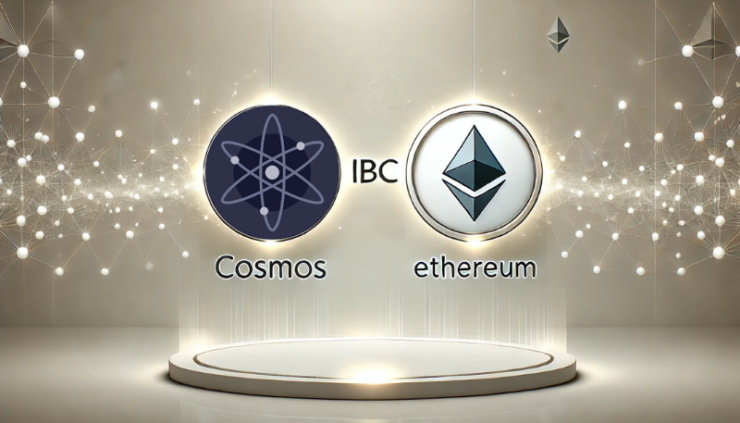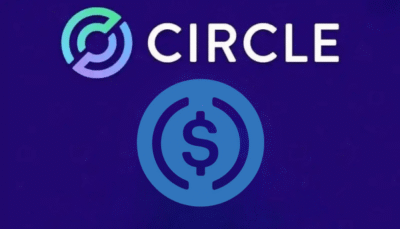Developers behind the Cosmos ecosystem have taken a major step toward uniting two of blockchain’s most influential networks, Cosmos and Ethereum. In a live trial this week, Cosmos contributors tested a successful IBC transaction from Cosmos Hub to Ethereum, marking a pivotal moment in the push for universal blockchain interoperability.
The move is part of a broader upgrade to Cosmos’ Inter-Blockchain Communication (IBC) protocol, and it could reshape how decentralized applications and assets move between networks.
The integration was confirmed on Wednesday by Maghnus Mareneck, co-CEO of Interchain Labs, a core Cosmos development team. The transaction trial connects Ethereum with Cosmos Hub, the central chain within Cosmos’ expanding blockchain network.

The work forms part of the upcoming IBC-go v10 upgrade, codenamed Eureka, expected to roll out later this year. The upgrade is a joint effort between multiple teams, including Interchain Labs, and is designed to bring native IBC support to non-Cosmos chains.
The IBC protocol is a foundational layer of Cosmos, enabling seamless communication between sovereign blockchains. It works through light clients and relayers, allowing independent chains to exchange assets, data, and commands without compromising decentralization.
Until now, IBC’s capabilities have largely been confined to the Cosmos ecosystem, connecting networks like Osmosis, Juno, and Secret Network. Expanding IBC to Ethereum represents the next evolution: turning IBC into a universal standard for Web3 communication.
What Does This Mean for Ethereum and DeFi?
Ethereum is the largest smart contract platform in Web3, hosting the majority of DeFi liquidity and decentralized applications. Integrating Ethereum into IBC’s cross-chain framework could unlock new liquidity paths, enable seamless asset transfers, and expand functionality across ecosystems.
Cosmos developers believe this could pave the way for new cross-chain DeFi use cases, dApps that span multiple networks, and a future where user assets can move freely between chains without centralized bridges.
While previous attempts to bring IBC to Ethereum have been made, they were typically isolated to specific projects. In 2024, Picasso announced integration of IBC with Ethereum, and Union achieved a testnet connection between Cosmos and Ethereum’s Sepolia testnet using fully functional light clients.
What makes the Cosmos Hub–Ethereum trial stand out is that it comes directly from core contributors working on the official IBC standard backed by the roadmap for IBC-go itself. This suggests a more robust, scalable, and widely adoptable solution could soon emerge.
What’s Next?
If successful, the IBC-Ethereum integration could lay the groundwork for full interoperability between Cosmos, Ethereum, and eventually other networks like Solana. It’s a step toward the long-held Web3 goal of modular, composable, and trust-minimized cross-chain interaction.
As Cosmos positions IBC as the standard for blockchain communication, this development may not just connect chains, it could connect entire ecosystems.





